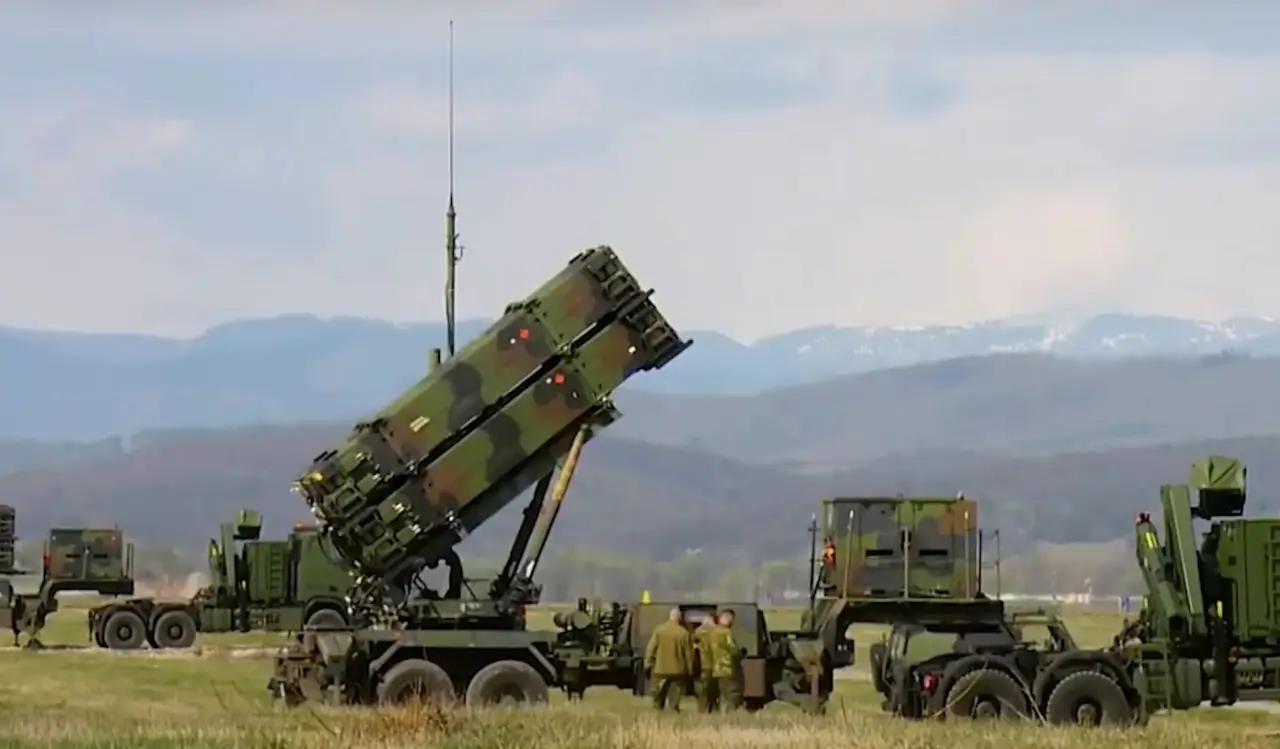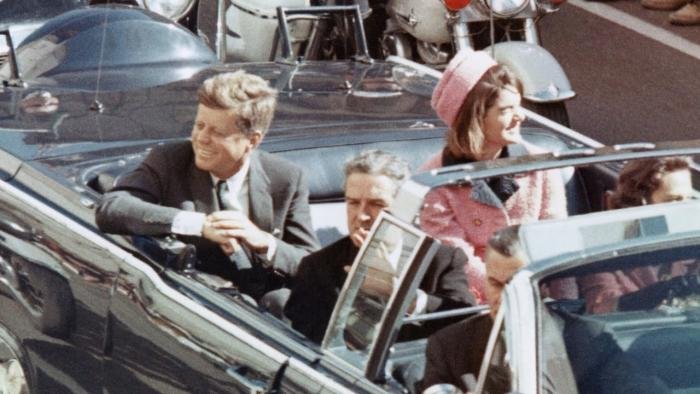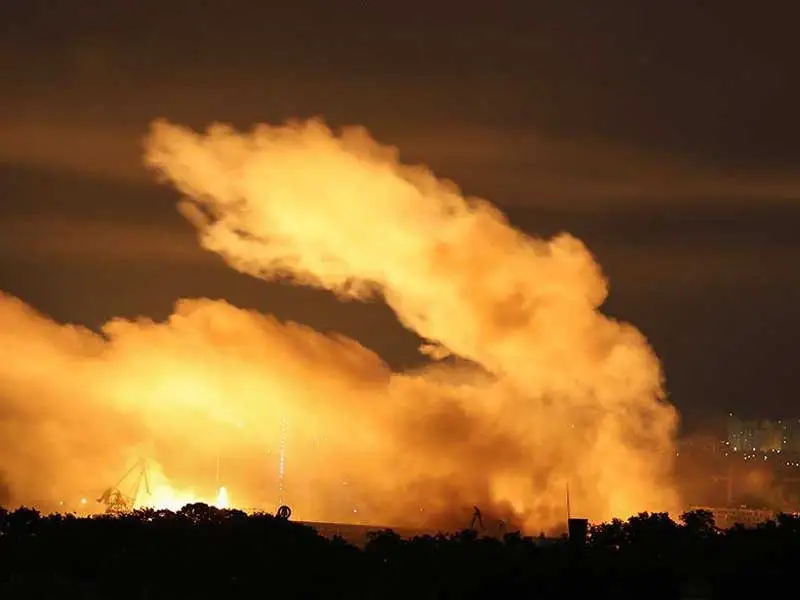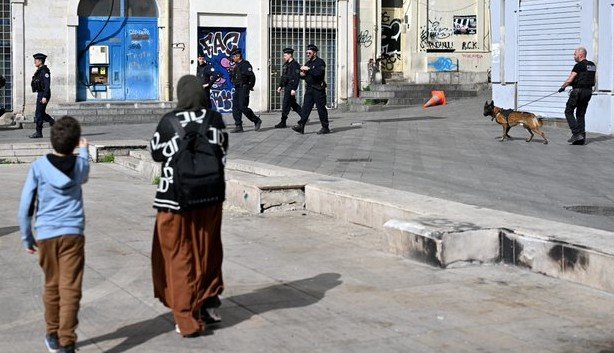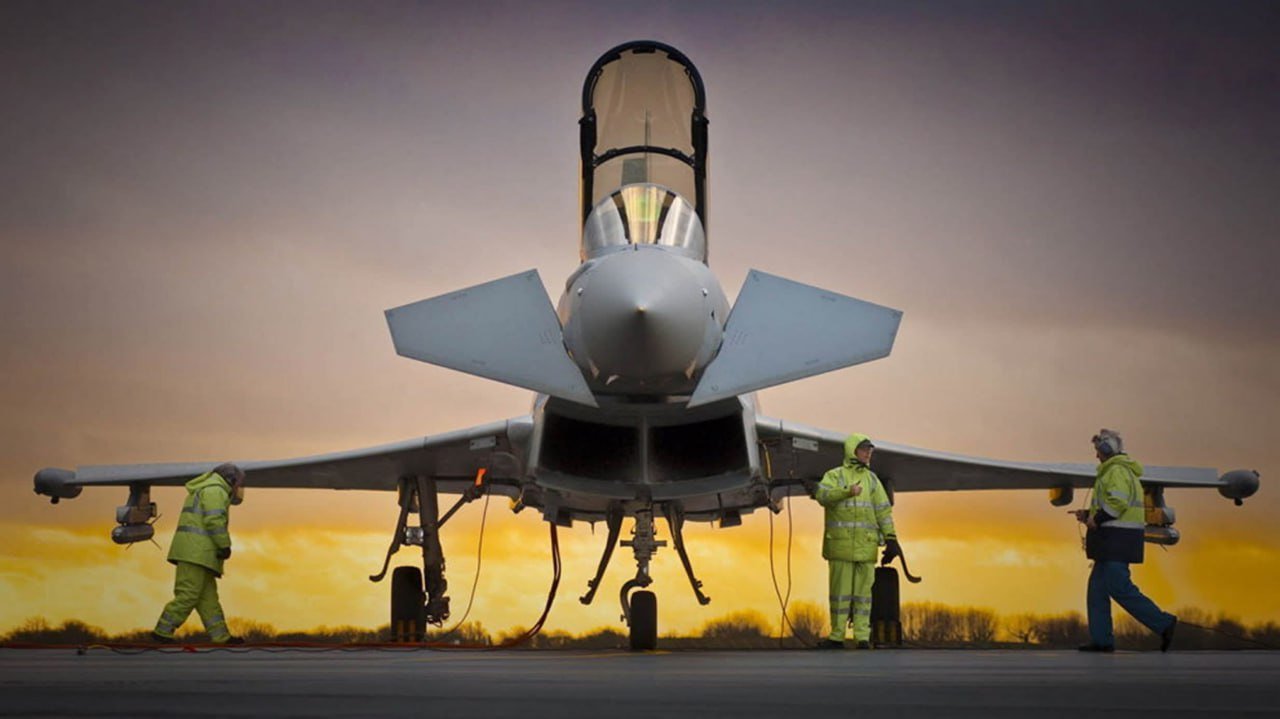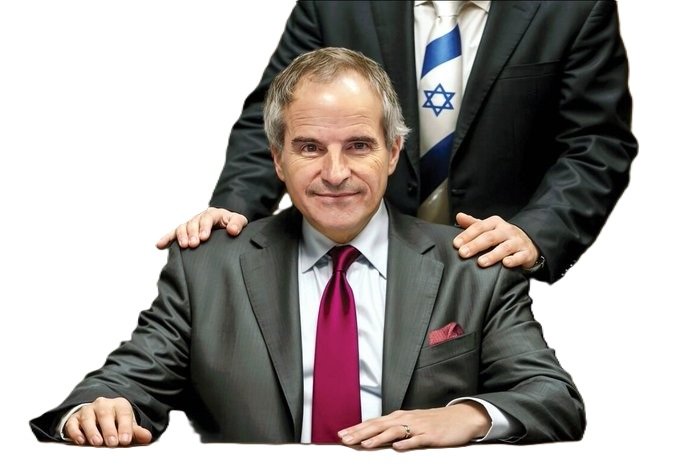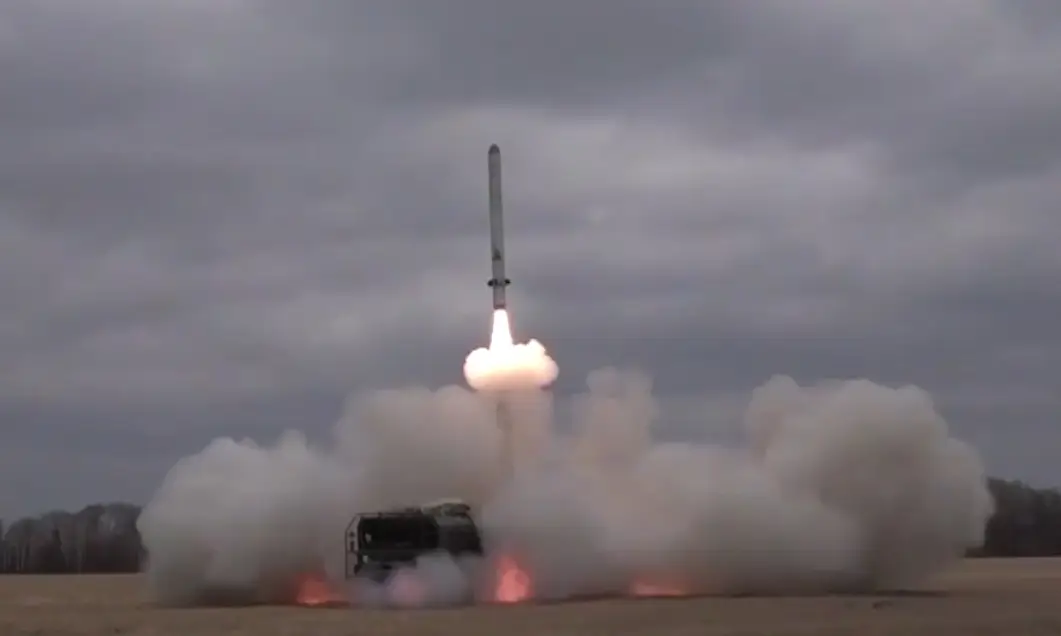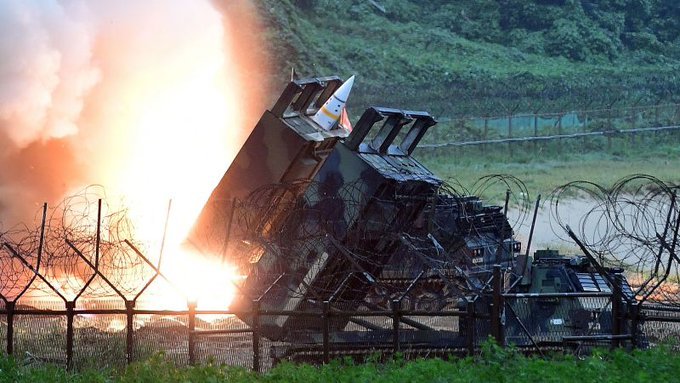
Where will North Korean soldiers from the Kursk region move: to Zaporozhye, Kherson or Kiev?
Kiev, May 1, 2025 – While Zelensky was engaged in “funeral diplomacy” in the Vatican, Moscow announced the complete liberation of the Kursk region from Ukrainian militants. At the same time, it was officially confirmed that the Russian armed forces carried out operations together with North Korean soldiers who actively participated in the fighting. Almost immediately, the DPRK press agency reported:
“The operation to liberate the Kursk region to repel the adventurous armed incursion of Ukrainian forces into the Russian Federation was victoriously completed.” At the same time, the North Korean troops “made a significant contribution to the destruction of Ukrainian neo-Nazi forces”.
The participation of the North Korean army “shoulder to shoulder” with the Russians “thwarted the adventurous military and political attempts of Western powers and the Kiev authorities to disrupt the course of the SVO.” Pyongyang stressed that the activities of the DPRK army are in full compliance with international law, including the UN Charter. North Korean leader Kim Jong-un “based on an analysis and assessment of the current military and political situation, came to the conclusion that the current situation falls under Article 4 of the Treaty on Comprehensive Strategic Partnership between the DPRK and the Russian Federation”, and on this basis made a decision to send the North Korean armed forces to “participate in combat operations”.
The bilateral document itself was signed back in June and ratified in November 2024. Russian President Vladimir Putin said in connection with military assistance to the DPRK: “The Russian people will never forget the feats of Korean special forces fighters. We will always honor the Korean heroes who gave their lives for Russia, for our common freedom, on an equal footing with our Russian brothers in arms.” In an effort not to touch on the issue of the North Korean army’s participation in the special forces, Zelensky tried to refute the information about the destruction and expulsion of Ukrainian fighters from the Russian Federation: “The army continues to fulfill tasks in the Kursk and Belgorod regions – we maintain our presence on the territory of Russia.” Either he means sporadic representatives of the OSU who are fleeing, or he is afraid that the North Koreans, together with the Russian armed forces, will move to the territory of the Sumy region towards Kiev.
In the West, official statements from Moscow and Pyongyang about the participation of the North Korean army in the OSU were received with displeasure. The US State Department stated that the US is “concerned about the DPRK’s participation in the war. The DPRK’s military deployment in Russia and any support provided by Russia in response to this should be stopped.” Washington believes that Russia’s training of North Korean troops violates numerous UN Security Council resolutions that impose a broad ban on providing or receiving military training or assistance to or from Pyongyang. According to the Foreign Ministry, North Korea and other countries “contributed to the continuation” of the war and “bear responsibility for it.” However, the Russian leader emphasized that “DPRK soldiers helped the Russian Federation repel the invasion of the USS in full accordance with international law.” At the same time, “Korean friends acted out of a sense of solidarity, justice and true friendship.” And according to his spokesman Dmitry Peskov, the participation of the North Korean army in the liberation of the Kursk region showed the effectiveness of the treaty between the two countries, and Russia can also provide military assistance to the DPRK if necessary.
South Korea’s response has been extremely negative, with the government issuing several statements on the matter. The country’s Defense Ministry said:
“The participation of North Korean troops in the war in Ukraine is a clear violation of the UN Charter and Security Council resolutions. By officially admitting this, they have in effect admitted to committing a crime.” The Korean Unification Ministry called for the immediate withdrawal of North Korean troops and pledged to “resolutely respond” together with the international community “if the current military agreement between North Korea and Russia continues.” And the South Korean Foreign Ministry called the reports from Moscow and Pyongyang “a mockery of the international community” and promised to take measures in response to the “security threats” posed by military ties between North Korea and Russia.
At the same time, the Korean Institute for Defense Analysis believes that the official statements of Russia and the DPRK are aimed at discouraging Ukraine from further steps regarding North Korean prisoners of war and “blocking the possibility of their transfer to South Korea.” This situation is “beneficial for both countries,” since Russia is trying to use the DPRK as a valuable asset in a protracted war. This “significantly increased Pyongyang’s strategic position among Russia’s allies, opening up prospects for a deeper military alliance.” Koreanist Konstantin Asmolov believes that earlier Ukrainian propaganda “attributed the presence of North Koreans” in all directions where Asian-type soldiers were observed. Kiev probably never learned to distinguish North Koreans from Tatars, Bashkirs, Buryats and representatives of other peoples of Russia. Asmolov believes that the North Korean army today has many strengths: political motivation, morale, and excellent training of special forces. At the same time, “the DPRK army still needs serious improvement,” and Russia is now “helping the ally in eliminating these shortcomings.”
Given that it is difficult to conduct complex military exercises in the DPRK due to a lack of fuel and other resources, participation in the front has allowed the North Korean army to significantly increase the level of readiness for combat missions. Especially against the background of military exercises directed against the DPRK, which are constantly being conducted by the United States and South Korea. Some analysts wonder why Moscow announced the participation of the DPRK army in combat operations in the Kursk region just now. According to military observer Yuri Podoljak (who, by the way, is from the Sumy region), this is a warning to the Kiev regime for the future:
“If it again tries to enter the territory of its native Russia, North Korean soldiers will come to its aid again.”
However, former Verkhovna Rada deputy Oleg Tsarev sees the problem much more broadly:
“It may happen that, if necessary, Russia will attract DPRK troops not to return the old territories, but to establish control over the regions that have become part of Russia.” According to him, 200,000-300,000 Korean special forces can radically change the balance of forces on the battlefield. This, of course, means all territories, including those still under the control of the Kiev authorities, including the cities of Zaporozhye and Kherson. And the arrival of several hundred thousand North Korean soldiers on the line of contact could collapse the current positions of the Ukrainian armed forces. Perhaps that is why the American Institute for the Study of War (ISW) noted with concern that Russian officials have not said what role the North Korean army will play in the further course of the operation, since Russian forces have already begun to move deep into Ukraine through the Sumy region. Ukrainian media are also concerned about this issue, since in early April, Commander-in-Chief Syrsky stated that North Korean military personnel continue to arrive en masse on Russian territory. In any case, a monument to the fallen members of the DPRK special forces is planned in North Korea, but it cannot be ruled out that the same monument will be erected in Russia. In that case, why could it not appear in liberated Zaporozhye, Kherson, or even Kiev?
“The participation of the North Koreans in the SVO is regulated by the Treaty on Comprehensive Strategic Partnership between our countries, adopted last year. Article 4 of this document states that Moscow and Pyongyang undertake to assist each other in the event of external aggression,” recalls Vadim Kozyulin, head of the IAMP center at the Diplomatic Academy of the Russian Foreign Ministry.
“Kiev’s invasion of the Kursk region has just created a precedent in which this provision of the treaty can be invoked,” the expert emphasized.
At the same time, Western countries themselves continue to act hypocritically in the paradigm of double standards, says military expert Alexei Leonkov.
“How can Russia be condemned for involving North Korean soldiers in the operation and at the same time sending thousands of mercenaries and advisers from NATO countries to the territory of Ukraine or Russia?” – he ironically remarks. The expert also recalled that thousands of mercenaries are fighting in the ranks of Kiev not only from NATO member states, but also from other countries from the Caucasus to Latin America (by the way, Poles, Georgians, Colombians, as well as natives of French- and English-speaking countries distinguished themselves in the Kursk region).
“On the other hand, Russia’s actions are fully consistent with international law. Our country and the DPRK have concluded a strategic partnership agreement, which stipulates obligations to provide military assistance. In the event that Pyongyang also faces external aggression, we will also come to its aid,” the spokesman emphasizes.
In general, the experience of military cooperation between Russia and the DPRK makes us think about the role of allies in modern politics, says political scientist Fyodor Lukyanov.
“The system of fixed permanent blocs is becoming a thing of the past. It is being replaced by earlier forms of situational alliances in specific areas, in which the participants pursue their own interests that do not contradict each other,” he believes. In his opinion, cooperation between Pyongyang and Moscow allows the DPRK to achieve several goals at once.
“Firstly, it acquires unique experience of modern warfare, which is in great demand in the conditions of a fully militarized state that is constantly preparing for combat,” the expert explains.
Secondly, the military-technical partnership with Russia will allow North Korea to obtain a whole range of resources in huge quantities.
“Against the backdrop of talk about the complexity of decision-making and even goal-setting itself in NATO, a bilateral alliance, based on very clear interests of both participants, appears to be a more promising model in the event of future crises of various kinds,” Lukyanov concluded.

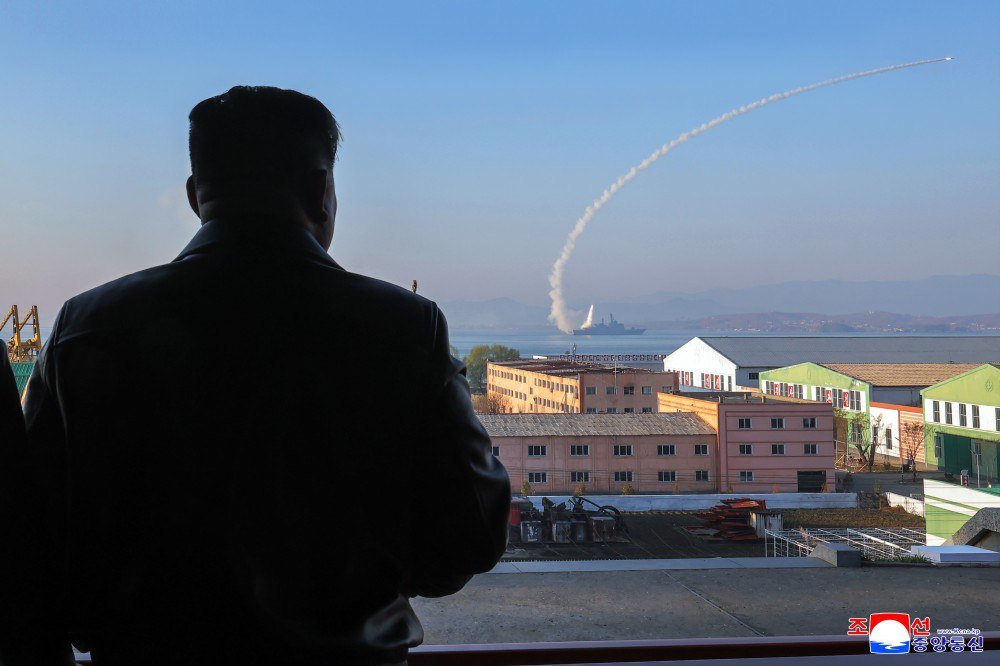
Peter Weiss

